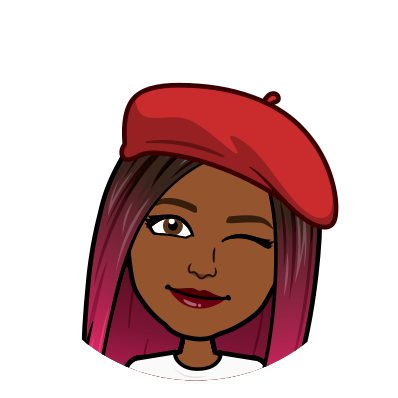|
When a black person refers to their hair as natural hair, they mean it has not been chemically changed in any way (straightened, curled or coloured). Generally natural hair is most recognisable in its curly or kinky afro state. The natural hair movement encourages black men and women to keep their naturally textured afro hair. The movement started in America and has been growing ever since and you might be wondering: why would black people chemically change their hair even though it seriously damages their hair?
The main reason why black people chemically manipulated their hair was for cultural assimilation. According to Wikipedia, cultural assimilation is “the process in which an ethnic minority group or culture comes to resemble a dominant group or assume the beliefs, values and behaviours of another group”. At the time in America not only were black people the minority but they were at the bottom of the social hierarchy and white people were the most dominant group. One of the main beliefs white people had about afro hair is that it was unruly, unprofessional and ugly. Therefore in order for Black people to integrate well into their society they needed to straighten their hair. Straighteners and hot combs were used to temporarily straighten the hair but if the hair gets wet then it will puff up again into an afro. A permanent solution called a relaxer was invented by Garret Augustus Morgan Sr. in 1905. He accidentally discovered that the chemicals used to repair sewing machines could relax (straighten) curly hair. Over the coming years different variations of relaxers were made to suit afro hair. Now fast-forward to the 1960’s; when the civil rights movement occurred; often Black Panthers (civil right activists) would wear their afros out as a sign of strength and proud acknowledgement of their heritage. The movement gained popularity again in 2009 when a documentary called “Good Hair” was released. In it actor/comedian Chris Rock sets out to explore the importance of hair in black culture. This film motivated a lot of black men and women to throw out all chemical products and find ways to rock their natural hair. Another great short film called “Hair love” showed us how important Afro’s are to black girls. As a result there have been more and more hair products available to black men and women for natural hair. I started my natural hair journey a little over three years ago, I came across this Ghanaian-American youtuber named NaturallyPhilo and I was amazed by her beautiful curls. I decided there and then to stop using chemical straighteners and let my hair grow naturally. I haven’t regretted it since but I will admit part of me was very scared to start transitioning. When it comes to western world beauty standards black hair wasn’t a part of it and so I always felt that in order to fit into a predominantly white community I needed to straighten my hair. It had gotten so bad to the point where I had burned my scalp and I have never fully recovered from it. It took me a while to learn that black hair is beautiful too. It also helps that I’m surrounded by friends with natural hair so they were able to help me with transitioning. When it comes to natural hair I have learned so much. For example, we have different hair types. The numbers tell you your hair type: 1 being the straightest and 4 being the curliest, the letters tell you how wavy/curly your hair is. Black hair consists of mainly type 3 or type 4 hair. These hair types are mainly curly or kinky and within the hair types it ranges from A to C. A being the loose curl texture, B being a tighter curl texture and C being the tightest. To put it into context if I want to describe my hair I would say I have 4C hair meaning that my hair is type 4 which is the curliest type and on top of that my curls are very tight and kinky. I have truly come to love my natural hair and I will strongly encourage any Black girls or boys to do the same. It can be hard at first to get your hair to adjust to a new regime but it is absolutely worth it. The natural hair movement was founded by black people for black people to give them the courage to reclaim their heritage. It has allowed black people to explore the versatility of their hair and hence we have multiple ways of styling our hair. It created a bigger afro hair care market increasing the availability of hair products for black people. It has helped many black people including me to understand that our afros are beautiful and that we don’t need chemical products to alter our hair so that we can fit into beauty standards. To all my black people: our Afros are our crowns, wear them proudly. Thanks for reading - Roisin Helplines: My favourite natural hair youtubers: https://www.youtube.com/channel/UCEkesxLKYYVDdoejqDEbhnw https://www.youtube.com/user/Iamtraeh Hair love short film: https://www.youtube.com/watch?v=kNw8V_Fkw28
0 Comments
Leave a Reply. |
|
|
Teenagers With Experience is an online organisation created to provide teenagers worldwide with an online platform to share their own experiences to be able to help, inform and educate others on a variety of different topics. We aim to provide a safe space to all young people. You can contact us via email, social media or our contact form.
|

